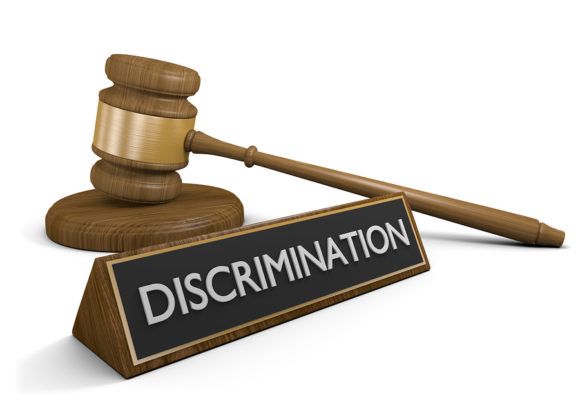As an employer, it is vital for you to understand what protected classes are, as it can help you avoid getting into legal trouble. In this article, you will learn what you need to know directly from an experienced Florida Employment Lawyer.
The Basics – What are Protected Classes?
As you probably know, “harassment” and “discrimination” in the workplace are terms that refer to what happens when employees receive poor treatment where they work. This is, however, a rather vague definition of these terms. This poor treatment in the workplace must be based on specific characteristics of an employee for it to be considered discrimination or harassment. In other words, the employee must be a member of a “protected class.”
The State of Florida has a list of protected classes. In the Sunshine State, an employee cannot be discriminated against or harassed based on their:
- Age
- Citizenship
- HIV/AIDS diagnosis
- Skin color
- Disability
- Gender
- Genetic information
- Nationality
- Marital status
- Race
- Sex
- Religion
- Sexuality
- Sickle cell trait
Some examples of discrimination based on these protected classes include:
- During a job interview, an employer asks a potential employee whether they are married and, later on, the employer mentions that the job for which the potential employee is applying requires a lot of traveling and overtime work, which the applicant obviously must have already noticed in the job description. After the applicant tells the employer that they are married, the interview ends quickly, and the applicant is thanked and shuffled out the door. Whether the applicant knows it or not, they have been discriminated against based on the fact that they are married.
- An individual who is applying for a job at a tech company happens to be 48. The individual is more than qualified for the job. However, during their job interview, the interviewer constantly mentions how young the other employees of the company are and how they are able to keep up with constantly changing technology. The applicant might not notice it, but they are essentially being told they are too old for the job. The candidate ends up not getting the job based exclusively on the fact that they are 48.
- An African-American individual who is applying for a sales position in a relatively big company attends their in-person interview after their application is well received and their phone interview goes splendidly. Upon arriving, however, the applicant starts to hear certain words that do not sit right with them – words referring to the color of their skin. Then, during the interview, the person conducting it seems to rush it and does not look engaged at all. It is as if they already made their decision before the interview started. In addition, the candidate looks around and does not notice a single employee who is part of a minority group. In the end, the candidate does not receive a job offer.
Unfortunately, discrimination of this kind still happens in the United States in the 21st century, which is why the law gives employees the right to obtain legal recourse against the perpetrators of discrimination and harassment against members of protected classes. Nevertheless, sometimes meritless lawsuits are filed by employees and ex-employees alleging mistreatment based on a protected class. Every case is different, and proving that an employer has discriminated against or harassed one of their employees can be tricky sometimes, which is why it is vital to work with an experienced Florida Employment Lawyer who understands the laws involved.
Are you a victim of discrimination or harassment in the workplace? If the answer is yes, then that is not only unacceptable – it is illegal. I can help you. On the other hand, if you are an employer and one of your employees has filed a lawsuit against you alleging discrimination or harassment but it did not happen, I can help you prove it.
Get in touch with me today by calling (305) 921-0976 or emailing me at [email protected] to schedule a consultation.





